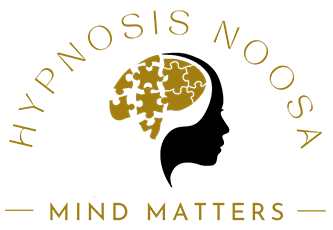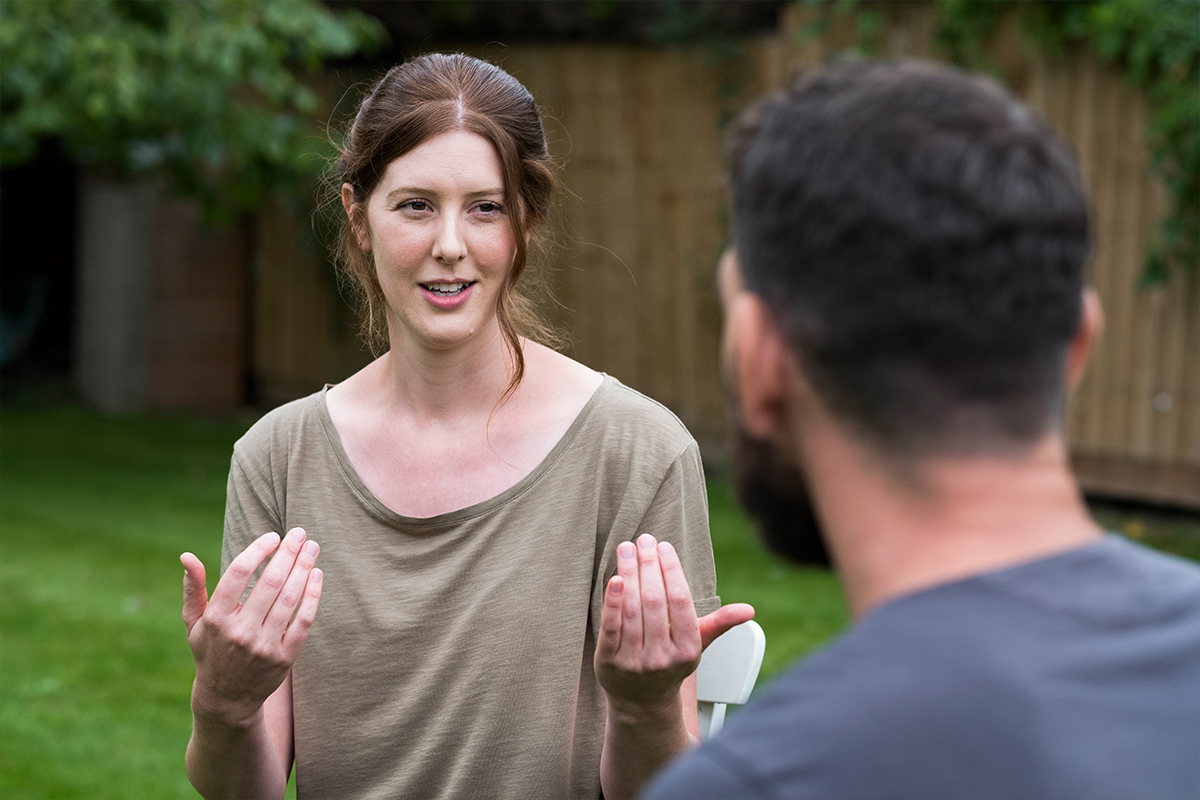NLP (Neuro-Linguistic Programming) was first founded in the 1970s by Richard Bandler, a mathematics and computer science student, and John Grinder, a linguistics professor at the University of California, Santa Cruz.
They studied successful therapists like Milton Erickson (hypnotherapy), Virginia Satir (family therapy), and Fritz Perls (Gestalt therapy) to understand how language and behaviour create change.
Their mission was to model success and make it teachable.
The idea is to find the best in their field and replicate how they achieve their results.
NLP emerged as a model for how people structure thoughts, language, and actions to achieve their results in life.
They developed multiple techniques and used the use of clean and precise language to achieve the results they wanted.
NLP is about how your brain (neuro), language (linguistic), and habits (programming) work together to create your reality. It works by uncovering how someone creates their experience internally, or “their map of the world” through their thoughts, language, behaviours and all their sensory perception, and then adjusting those patterns for more positive outcomes.
NLP is now widely used in therapeutic settings to help people:
• Break negative thought patterns
• Release phobias, anxiety, or trauma
• Change limiting beliefs
• Improve confidence, communication, and emotional control
Common Users of NLP:
Therapists & Hypnotherapists
Use NLP to help clients release trauma, shift limiting beliefs, reframe negative experiences, and build new emotional patterns. This achieves amazing results with War veterans, Police, First responders such as Paramedics and Emergency services. As well as abuse victims.
Sports Coaches
Use NLP to guide personal breakthroughs, build confidence, create calm to manage nerves, create focus, and set clear achievable goals.
Corporate Leaders & Salespeople
Use NLP to improve communication, persuasion, and rapport-building with clients or teams. As well as public speaking and stress management.
Actors & Performers
Use NLP to enhance focus, manage nerves, and create clarity.
Everyday People
Use NLP for self-development, better relationships, overcoming fears, and managing stress.
In combination with hypnotherapy, NLP becomes even more powerful.
While hypnosis accesses the subconscious mind, NLP gives it the new language, meaning, and perspective it needs to let go of the old and embrace lasting change.
Its fast and effective and has been constantly evolving since the 70s to suit today’s needs.
The majority of my sessions incorporate NLP in one form or another.
Talk to us today about NLP and how we can help you.


